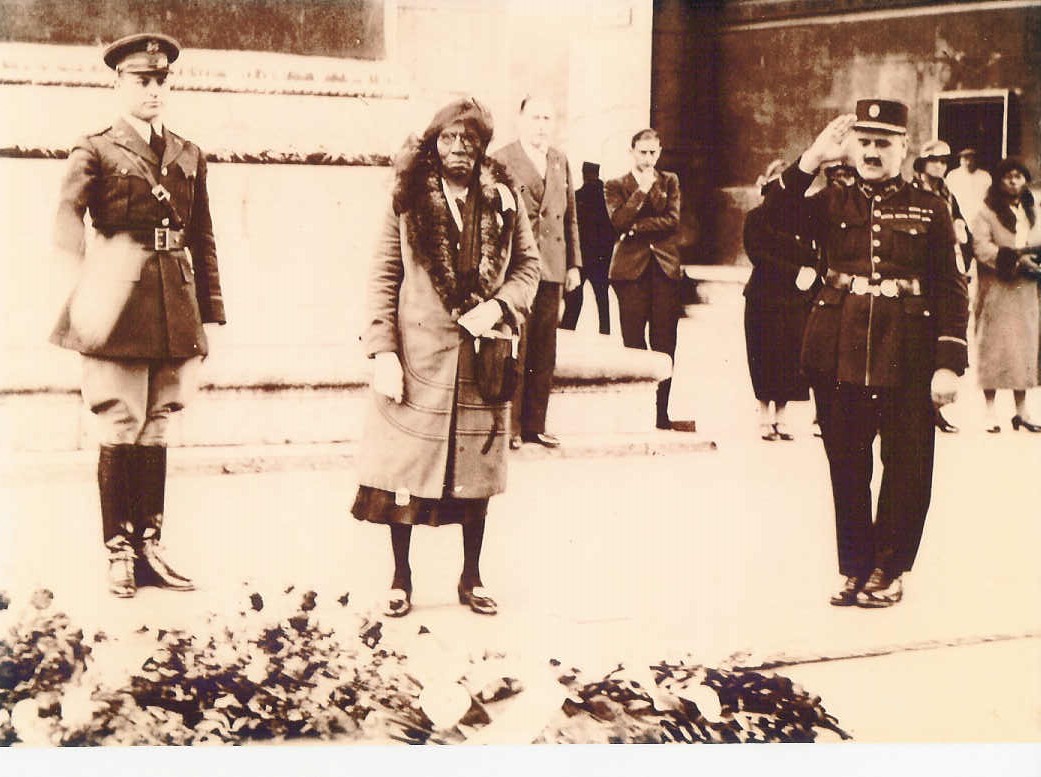AARP Hearing Center

The following is a guest blog from AARP Maryland's former state president and Vietnam veteran, Clarence "Tiger" Davis.
Having been born during the first year of World War II, I have seen and endured war up close and personal. I was four years old when my mother received the telegraph that her little brother had been killed in Germany. She passed out and we (my brother, sister and I) thought she had died. Soon thereafter, my other uncles and family members were returning home from overseas duties in both the European and Pacific Theatres, including India, China and French Indochina.
After the war, my family became part of the urban migration, leaving the plantations and farms for life in the cities and work in the factories up north. This was facilitated by family members who had served in the military and decided to settle outside of my native Georgia. My uncle, who had served in the U.S. Navy, planted roots in Baltimore and my mother persuaded my father to reconsider his plan to move to New York City. Loving my mother as he did, Baltimore became the destiny for my family.

After arriving in Baltimore, my younger uncles and family members were called to duty in Korea and the number of relatives who were veterans increased astronomically. Everyone, it seemed, had a uniform. In my native Georgia, military service was a big deal which carried a feeling of honor, and in most circles a sense of reverence. There was nothing greater than being a veteran of the United States military. If you served in combat or during a war, your status increased two-fold.
In 1954, the United States Congress passed legislation to change Armistice Day to Veterans Day. Both celebrations were important to me. My grandfather and grandmother’s brothers and cousins had served with distinction during World War I. They told stories about France but never spoke of the carnage of war. I was impressed with the world beyond the plantation as seen through the eyes of my great uncles and the respect rendered for their military service (although the presence of resentment existed among certain southern elements)
I remember my great uncles in the doughboy uniforms and later the more modern outfits worn by my parents’ siblings. They all were so proud -- and it was a pride that you could feel. Words were not necessary.
I could not wait until I was old enough to join the military. At 17 years of age, I made the great leap into the world of honor, God and country during what has become known as the Vietnam Period. I found myself explaining why I served and the more I talked about it, the more patriotic I became. Prior to that time, patriotism was simply a word. Now, it had meaning. I remember the first from my community who made the ultimate sacrifice, SG James Odell Vaughn and Lt. James Anthony Watson, who lost their lives three weeks apart during and after the Battle of La Trang, November through early December 1965. Every day, thereafter, became Veterans’ Day for me.
War became very personal in a way different from when I was four or five. I had not known my uncles and other family members that long. Odell and Tony were part of my formative years and their loss was devastating. Then, there were more and more casualties from my community. And all the while, our military service was denigrated by civilians who could never understand that we fought for each other. Many had been drafted and had no choice. Don’t blame us for the errors and self-indulgence of politicians. All we wanted to do was serve.
Now, after many years of caring for each other and staying close, I cry, whether alone or with others, for our losses. I am inclined to celebrate Armistice Day more so than Veterans Day because the carnage of war is what I remember more than anything else. The love of my fellow veterans is a good thing. I know who we are and what we share – the greatest love of all.
Learn more about Armistice Day and its connection with Veterans Day. For Maryland veterans resources, visit our Veterans Resources page at aarp.org/mdveterans .































































